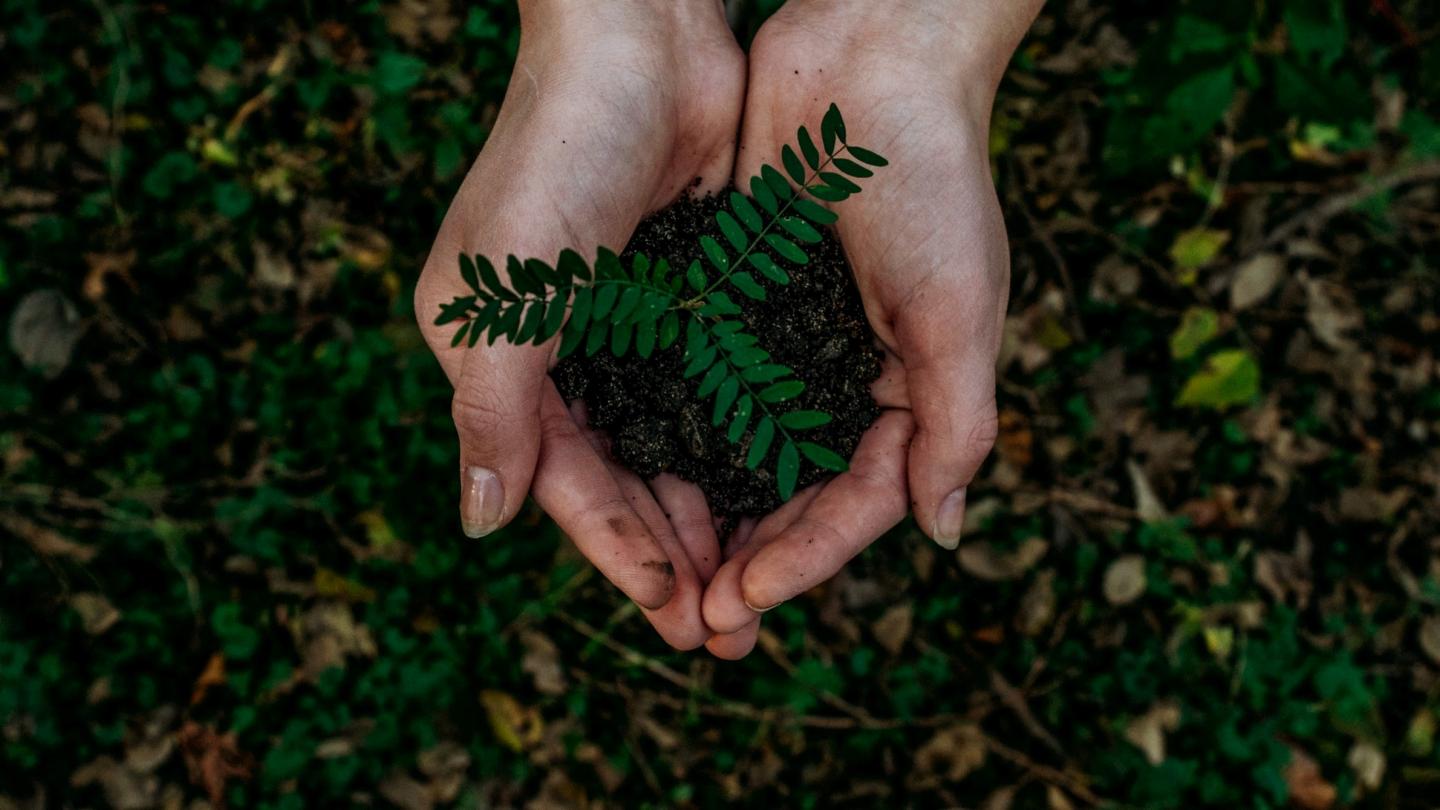’We want to start new debates between citizen science and sustainability science’ - an interview with Katrin Vohland

A recently published paper on Science Direct discusses how citizen science can contribute to sustainability transitions. The scope of sustainability transitions is reflected in the seventeen UN Sustainable Development Goals (SDGs). In this interview, we talked to Katrin Vohland, one of the co-authors, who works at the Museum für Naturkunde Berlin.
First of all, could you explain in a few sentences how you and your co-authors developed the topic of the paper?
In fact, the idea of the paper emerged from a workshop from the EU COST Action - “Citizen Science to promote creativity, scientific literacy, and innovation throughout Europe”- , I think already two years ago. In this workshop, representatives of the COST Action sat together with members from ECSA with the objective to set the COST Action into the general framework of the Sustainable Development Goals, which had been discussed heavily at the time.
As part of a very interactive session, we gathered our ideas on the topic and started clustering them to finally come up with the key pathways we propose in the paper. At the moment, we were also publishing a book on Citizen Science and its epistemic added value, as well as the social impact of other [Citizen Science] platforms. And we realized that somehow you always come back to these key pathways – that is how we developed the basic idea of the paper.
What kind of conversation does the paper initiate? How does it fit into the current discussion on the SDGs?
I think the main point of this paper is that it links and puts on the agenda the combination of citizen science and the SDGs. The paper really contributes to the current discussion on SDGs by being more precise about how citizen science can help addressing the SDGs, and showing how other arenas are interrelated and should get involved in citizen science. Because the citizen science community itself is completely convinced that citizen science is something good, but perhaps the research policy world, the political dimension, economy, and the funding of scientific systems are not. Sometimes, they are not even aware of the value of citizen science – that is something we would like to reach with this paper. We want to start new debates and show that there is a link between the science of citizen science and sustainability science. This way, people working on one field are now aware of what is going on in the others.
The paper proposes three pathways through which CS can contribute to Sustainable Transitions, these being (1) problem identification and agenda setting, (2) resource mobilization, and (3) the facilitation of socio-technical co-evolution. Could you briefly explain how you and your co-authors decided upon these three pathways? How are the pathways dependent on and interconnected to each other?
The identification of these three pathways was part of our research process, of interpreting the data we collected. We clustered our observations and the main topics of our discussions in three groups – the pathways – which of course are interrelated.
Briefly, the first thing we really discussed in citizen science is the concept of co-creation. This concept is linked to agenda setting, and it addressed the debate of whether citizens should be involved in defining the research question. In the case of SDGs, where problems are very much linked to lifestyles, consumption patterns, and how to deal with nature, it is highly valued that citizens contribute to defining the research question. The second pathway is what we call resource mobilization and is the arena where citizens typically contribute with observations, data collection, and data analysis. Lastly, the third block is the implementation of the results. If citizens are engaged in this stage, they can also contribute to the last part of the innovation system.
In order to realize the potential of the 3 pathways, the article identifies 3 challenges that need to be overcome: (1) increasing the diversity, level, and intensity of participation in CS projects, (2) addressing the socio-technical nature of sustainability transitions, and (3) understanding and reducing tensions between CS approaches and traditional academic science. Based on the research you did, could you explain how you identified the 3 challenges and can you develop on each one?
The identification of the 3 challenges came as part of the research process. We mapped all what we knew: our own experiences, literature, workshops… And grouped the main challenges into three that, we saw, were repeating often.
First, the issue of diversity comes rather often. Participants in citizen science projects are mostly people who already have some kind of academic background. And our normative idea is that everybody may contribute, and everybody has to have a say with regard to priority setting and agenda developing. It is important to address the question of diversity, so we don’t fall into a self-replicatory system where only people with resources are able to define questions.
The second challenge deals with the relations between technology and the social system. We observed that in the use of apps, for instance, since everybody has a smartphone. Only a technical solution for the SDGs is not possible. Solutions must take into account behavioural changes and how communities then interact with technical objects.
And the last issue addresses the tension that exists between the institutionalized scientific system and citizen science. Researchers that address current problems, such as the SDGs, as research topics should give attention to people affected by them. And the scientific system should acknowledge the careers of those scientists who include citizen science in their projects, which is time consuming and may be at the cost of publishing fewer papers in high impact journals.
Lastly, could you name an example of how citizen scientists can help address these challenges?
I think one of the challenges of the SDGs is that they are extremely broad, and you can nearly touch anything without any significance for the sustainability goals – SDGs are linked to science education, nature, diversity of species, the environment, pollution, etc. But still, people are very welcome to contribute to all citizen science projects because most of them are somewhere, somehow, addressing, on a small scale, a broader debate. And contributing to the debate makes everyone more conscious about the added value of citizen science. Citizen science projects really contribute to something bigger and they’re really helpful for the whole world.
The interview was conducted by Cristina González Ros. Cristina studied the M.A. of European Studies on Society, Science and Technology and a B.S. on Nanoscience and Nanotechnology. Currently, she is doing an internship at Wissenschaft im Dialog.

